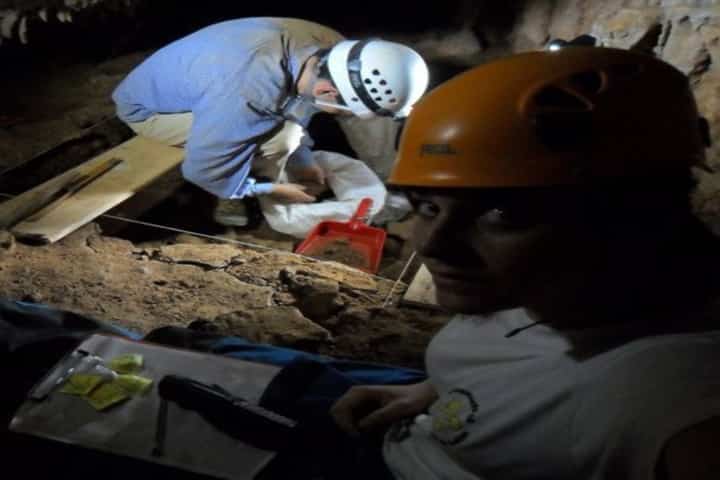Fresh evidence of crab remains dating back to 90,000 years found in a cave in Portugal challenges the long-held belief that Neanderthals were merely prehistoric cave dwellers who managed to survive barely by scavenging big-game carcasses.
The findings of this study, whose lead author is Mariana Nabais was published in Frontiers in Environmental Archaeology goes to show that Neanderthals were more developed than the primitive ancestors of humans. Nabais is an archaeologist at the Catalan Institute of Human Paleoecology and Social Evolution.
As per a report in smithsonianmag.com the team of archaeologists uncovered remains of several types of shellfish at Gruta da Figueira Brava, a cave site. Among them were sea urchins and barnacles yet the maximum number were brown crab shells.
New study led by Dr. Mariana Nabais (@iphes) proofs that neanderthals ate shellfish at Gruta da Figueira Brava (Portugal): “Menu included brown crabs: they preferred larger specimens and cooked them in fires”
More info: https://t.co/OiQLvxAHpP pic.twitter.com/gQBTKOdX6h
— IPHES (@iphes) February 7, 2023
A total of 635 fragments were found of which 33 were crabs. By carefully looking at them it was found they had been opened by tools while there was proof of their being subject to high heat as they were scorch marks pointing to roasting of the crabs.
The crabs were larger than the usual sized ones which suggested that they were deliberately targeted for their size by hunters.
Contrary to their earlier held belief that Neanderthals avoided crabs as they offered less meat, researchers feel that it was chosen as it provided fat, protein and vitamins and was available readily at the coast close by without too much risk involved.
The crab remains also take a crack at the belief that omega-3 fatty acids that were obtained from shellfish and fish had helped Homo sapiens become smarter than others as Neanderthals also seemed to like them.
Concurring with the deductions of the study and summing it up, Fred Smith, an anthropologist at Illinois State University commented: “Twenty, thirty years ago, basically, it was thought that Neanderthals were not capable, or at least not taking advantage of, using these resources. So, we’ve come a long way.”




















